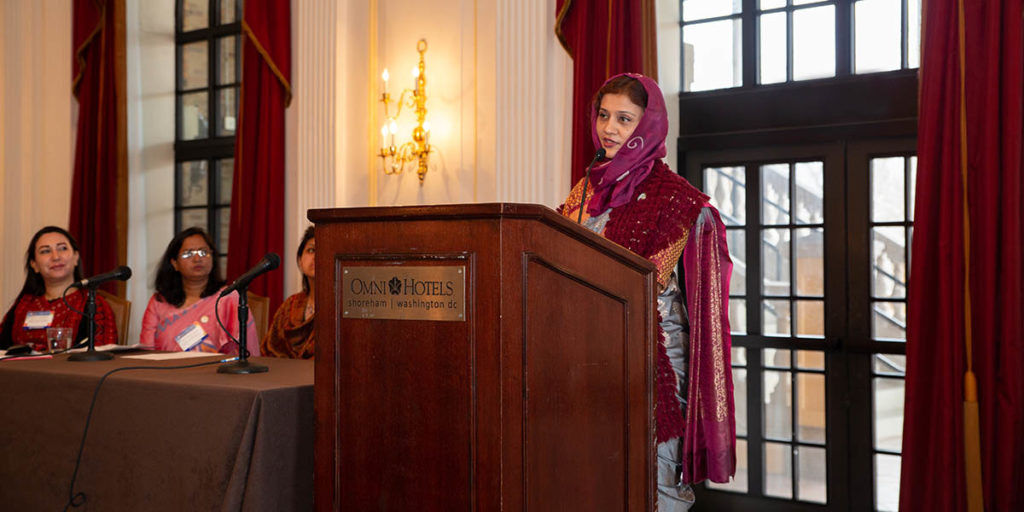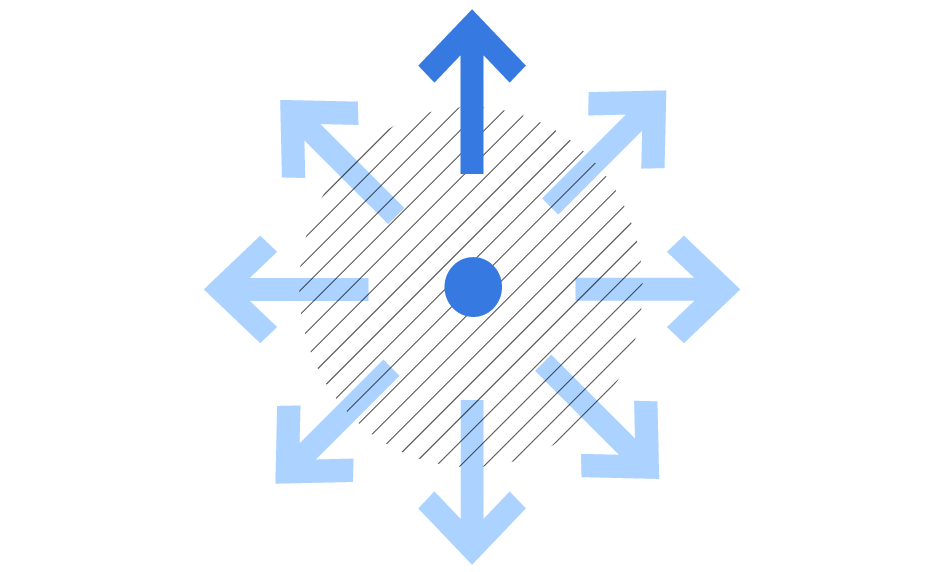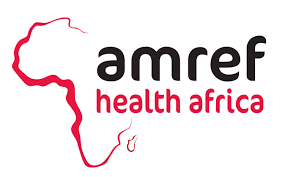This researcher is cultivating indigenous bacteria to clean the environment
Environmental biotechnologist Dr. Tabassum Mumtaz is developing methods to disintegrate plastic waste and make biodegradable plastics from bacteria

Dr Tabassum Mumtaz, Principal Scientific Officer at the Bangladesh Atomic Energy Commission, accepts a 2019 OWSD-Elsevier Foundation Award for Women Scientists in the Developing World at the AAAS Annual Meeting in Washington, DC. (Photo by Alison Bert)
It’s no secret that plastic bags have been causing problems around the world. In Bangladesh, they were clogging drain pipes and causing sewage to overflow.
These disposable bags linger for decades after they are discarded, along with other non-biodegradable waste. But are they really non-biodegradable?
What if these bags could be disintegrated? And what if a process to do this was already occurring in places we haven’t considered?
That possibility has driven the research of Dr Tabassum Mumtaz. Since pursuing her graduate studies, and now as Principal Scientific Officer for the Bangladesh Atomic Energy Commission (BAEC), she has been investigating ways to harness natural processes to address environmental problems. Specifically, she focuses on the bioconversion of waste byproducts and biomass into more environmentally-friendly compounds. This year, she was honored with the OWSD-Elsevier Foundation Award for Women Scientists in the Developing World.
Read more about her work in the Elsevier Connect article: This researcher is cultivating indigenous bacteria to clean the environment by Alison Bert.




















